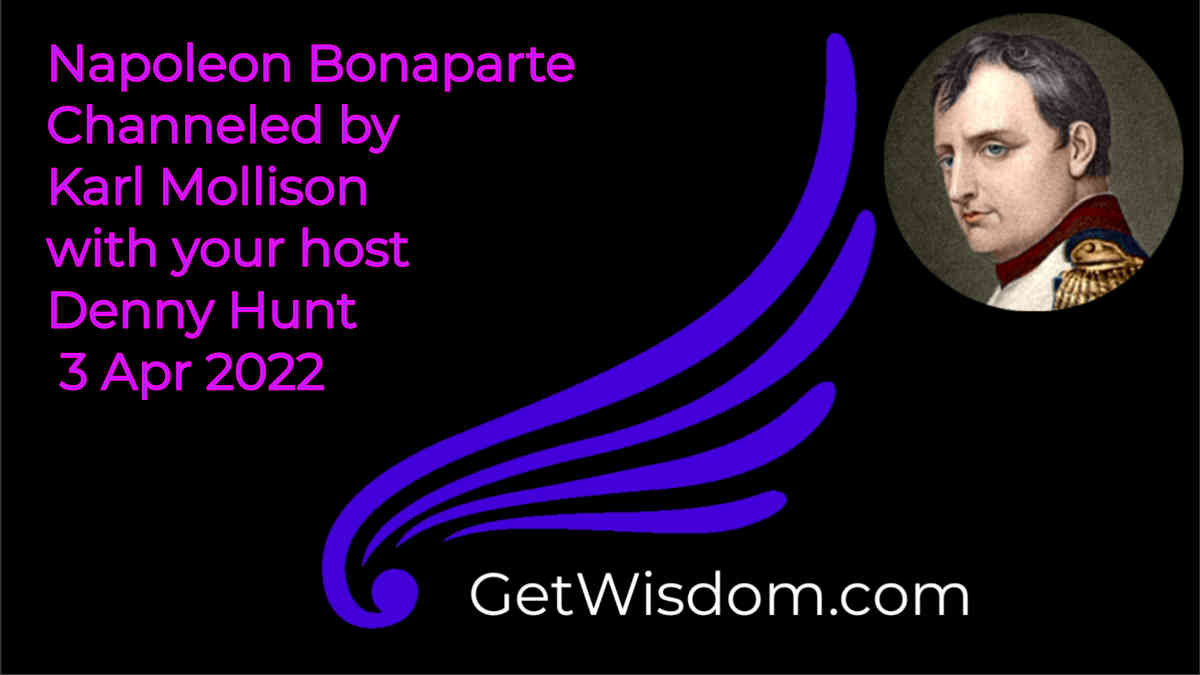
Jimmy Hoffa Channeled by Karl Mollison 07Aug2022
From https://en.wikipedia.org/wiki/Jimmy_Hoffa
Jimmy Hoffa, born February 14, 1913 – disappeared July 30, 1975, declared dead July 30, 1982 was an American labor union leader who served as the president of the International Brotherhood of Teamsters (IBT) from 1957 until 1971.
From an early age, Hoffa was a union activist, and he became an important regional figure with the IBT by his mid-twenties. By 1952, he was the national vice-president of the IBT and between 1957 and 1971 he was its general president.
He secured the first national agreement for teamsters’ rates in 1964 with the National Master Freight Agreement. He played a major role in the growth and the development of the union, which eventually became the largest by membership in the United States, with over 2.3 million members at its peak, during his terms as its leader.
Hoffa became involved with organized crime from the early years of his Teamsters work, a connection that continued until his disappearance in 1975. He was convicted of jury tampering, attempted bribery, conspiracy, and mail and wire fraud in 1964 in two separate trials. He was imprisoned in 1967 and sentenced to 13 years.
In mid-1971, he resigned as president of the union as part of a commutation agreement with U.S. President Richard Nixon and was released later that year, but Hoffa was barred from union activities until 1980. Hoping to regain support and to return to IBT leadership, he unsuccessfully tried to overturn the order.
Hoffa disappeared on July 30, 1975. He is believed to have been murdered by the Mafia and was declared legally dead in 1982.
Hoffa’s legacy continues to stir debate.

